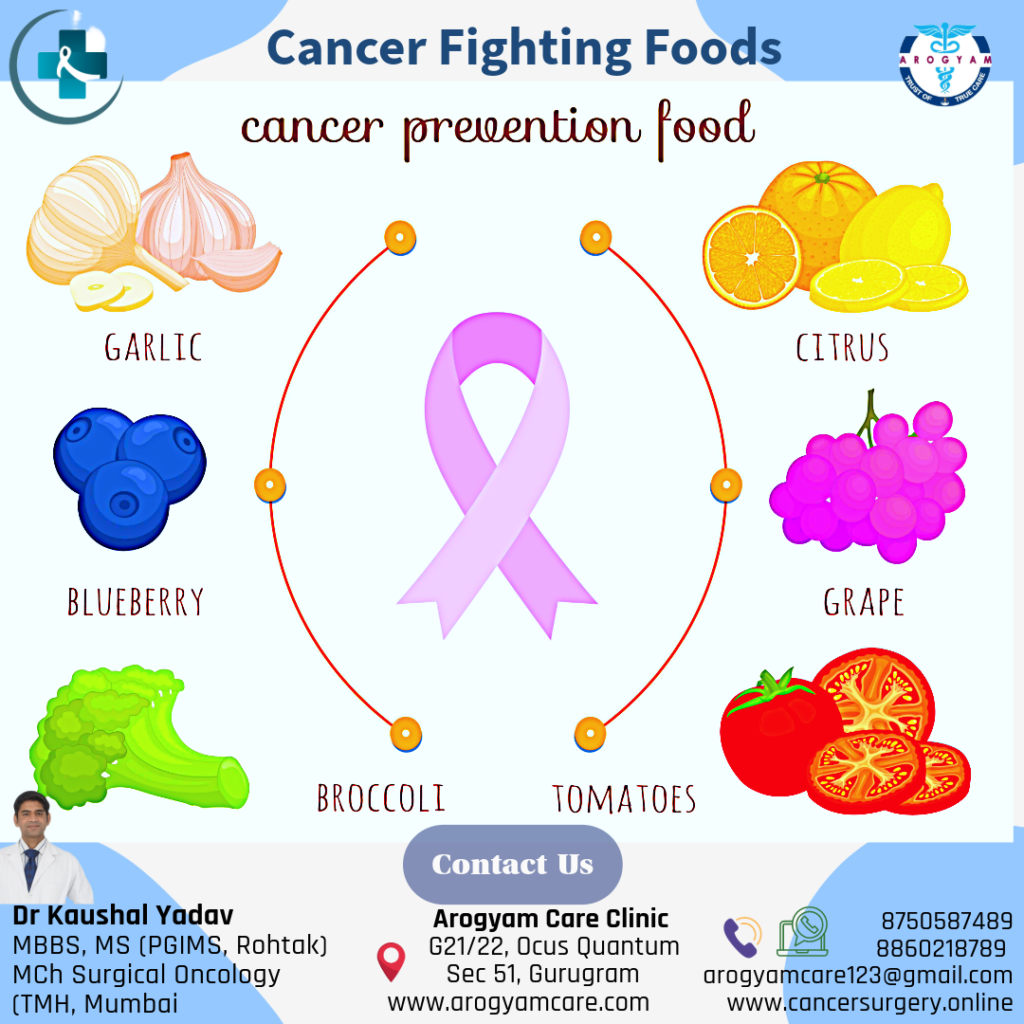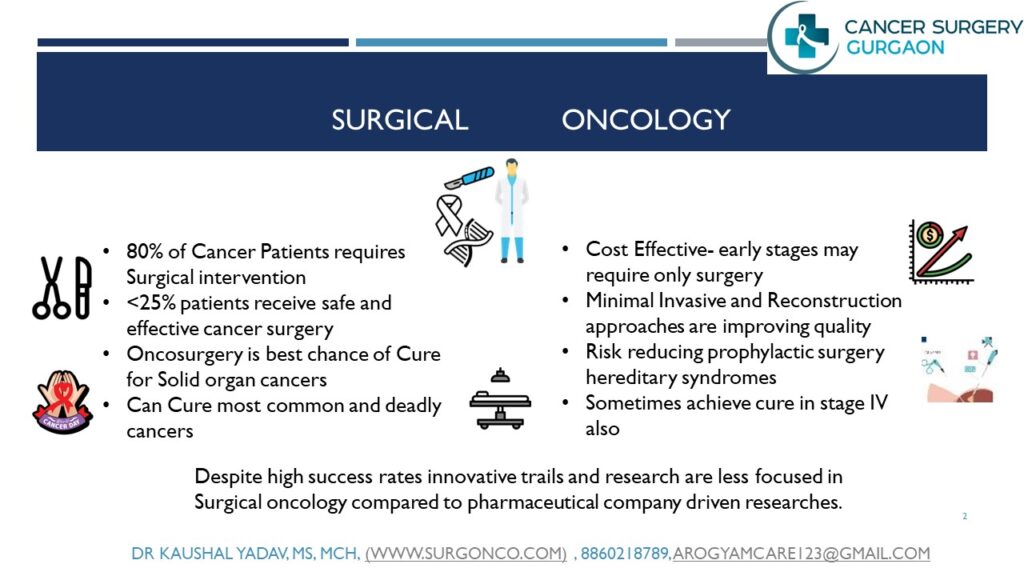Top Cancer Prevention Foods: Boost Your Diet to Lower Risk
Cancer is a complex disease affecting various parts of the body, and while no single food can cure or prevent it entirely, research suggests that adopting a diet rich in diverse vegetables, fruits, whole grains, beans, and plant-based foods can significantly lower the risk of developing many types of cancers. Food to eat and not eat to prevent cancer is a simple but complex question. These cancer prevention foods are abundant in essential vitamins, nutrients, antioxidants, and phytochemicals, which play a crucial role in cancer prevention by protecting cells against damage, inflammation, and abnormal growth. In this blog post, we will explore some scientifically supported nutrient packed foods known for their cancer-fighting properties.
1. Apple and cancer prevention diet
Apples are more than just a delicious snack. They contain dietary fibers and polyphenols. These phytochemicals are plant compounds with potent anti-inflammatory, antioxidant, and anticancer effects. Research has shown the following benefits of incorporating apples into your diet:
- Lowers the risk of breast cancer cells.
- Reduces the risk of lung cancer.
- The dietary fiber present in apples decreases the risk of colorectal cancer and helps manage weight gain and obesity.
- Combining fruits like apples with non-starchy vegetables lowers the risk of aerodigestive cancers overall, including mouth, pharynx, larynx, esophagus, lung, stomach, and colorectal cancers. It also shows promising effects in reducing the risk of bladder cancer.
To maximize the benefits, consume apples with their skin intact, as it contains the majority of polyphenols. As the old saying goes, an apple a day keeps the doctor away. Aim to include at least one apple in your daily diet as part of a well-balanced eating plan.
2. Berries and cancer prevention
Berries such as ber, jamun, strawberries, amla, karonda (cranberry), falsa, shahtoot (mulberry), and rasbhari (raspberry), are not only delicious but also incredibly nutritious. These vibrant fruits are loaded with vitamins, minerals, fibres, and antioxidants, which play a crucial role in protecting cells from oxidative stress and DNA damage. The anthocyanins found in berries, responsible for their vivid colors, have been associated with potential anti-cancer effects of berries.
While research is ongoing for berries and cancer, some studies suggest that berries may contribute to inhibiting tumor formation and growth, particularly in digestive tract cancers. They may also have the potential to enhance the immune system and aid in cancer immunotherapy. However, it is important to note that more research is still needed to establish these effects in humans.
There are various ways to enjoy berries—whether you eat them as they are or incorporate them into your meals. Add them to salads, mix them into yogurt, or sprinkle them over oatmeal for a flavorful and nutritious boost.
3. Cruciferous vegetables and cancer prevention foods
Cruciferous vegetables belong to the cabbage family and encompass a range of vegetables such as broccoli, cauliflower, kale, cabbage, and radish. These vegetables are not only rich in essential nutrients like vitamin C, vitamin K, folate, and fibers, but they also contain a powerful phytochemical called sulforaphane.
Studies have demonstrated that cruciferous vegetables can inhibit the growth of cancer cells and promote cell death in colon cancer cells. They also exhibit synergistic effects when combined with genistein, a compound found in soybeans, in reducing the development and size of breast cancer tumors. Furthermore, sulforaphane can hinder an enzyme involved in cancer progression.
To maximize the benefits of cruciferous vegetables, consider consuming them raw or lightly cooked. Chopping or blending them before cooking can help activate more sulforaphane. Aim to include at least three servings of cruciferous vegetables in your weekly diet as part of a comprehensive cancer-preventive food eating plan.
4. Green leafy vegetables and cancer prevention phytochemical foods
Green leafy vegetables like spinach and methi are nutritional powerhouses. Spinach contains beta-carotene, vitamin C, folate, and fibres, making it an excellent addition to your diet. These antioxidants and fibers present in spinach help protect cells from damage, improve immunity, and provide numerous health benefits. Similarly, garlic, although used more as a spice or herb, has notable anticancer properties and nutrient packed food.
5. Carrot for cancer prevention
Carrots, as root vegetables, are packed with essential nutrients such as vitamin A, vitamin K, biotin, and fiber. They also contain beta-carotene, a carotenoid responsible for their vibrant color, which has both antioxidant and anti-cancer effects. Research suggests that a higher intake of beta-carotene from food sources, rather than supplements, is associated with a reduced risk of lung cancer, especially in smokers. Additionally, beta-carotene may offer protection against other cancers like stomach, prostate, and breast cancers. Enjoy carrots raw, cooked, or even juiced for a refreshing and nutritious drink. They can also be added to soups and salads.
6. Citrus fruits as part of cancer prevention balanced diet plan
Citrus fruits such as oranges, lemons, and grapefruits are not only rich in vitamin C but also offer antioxidant and cancer-protective properties. The antioxidants present in citrus fruits can help neutralize the harmful effects of tobacco smoke and other carcinogens. Furthermore, citrus fruits contain flavonoids, which are plant compounds known for their anti-inflammatory and anti-cancer properties. Studies have suggested that individuals who consume citrus fruits or juices 3-4 days a week have a lower likelihood of developing certain types of cancer.
7. Grapes for cancer prevention through food
Grapes, aside from being a delicious fruit, contain a variety of phytocompounds such as resveratrol and quercetin, which may contribute to reducing the risk of cancer. These phytochemicals have the potential to protect the body from cell damage, inflammation, and tumor growth. Including grapes in your diet, whether consuming them as fresh fruits or incorporating resveratrol-containing nutrition supplements, can be beneficial in reducing cancer risk.
8. Pulses and legumes as anticancer food
Pulses and legumes including beans, lentils, and chickpeas, are an excellent source of dietary fiber, resistant starch, and phenolic compounds. These components play a significant role in supporting the growth of health-promoting gut bacteria, also known as the microbiome. By promoting a healthy microbiome, pulses contribute to overall digestive health and may help reduce the risk of certain types of cancers.
9. Whole grains and walnuts for dietary fiber foods for cancer prevention
Whole grains, which include the fiber-rich bran, nutrient-packed germ, and starchy endosperm, offer numerous health benefits. Unlike refined grains that lack the bran and germ, whole grains and cereals like wheat provide an abundance of nutrients, fiber, and health-promoting phytochemicals. By incorporating whole grains into your diet, you can enjoy a higher intake of essential nutrients and fiber, which may contribute to reducing the risk of cancer.
10. Tomatoe and cancer prevention
Tomatoes are known to contain the antioxidant lycopene, which has been associated with a lower risk of certain cancers, including prostate cancer. Lycopene, found in abundance in ripe tomatoes, assists in neutralizing harmful free radicals in the body and exhibits anti-cancer properties. Adding tomatoes to your diet can provide not only a burst of flavor but also potential cancer-protective benefits.
Conclusion and recommendation for cancer preventing food by Oncologist
- By including these foods in your daily meals, risk of developing cancer can be reduced by 30-40%. Rather than using supplements, healthy diet intake is advised by Dr Kaushal Yadav, senior cancer specialist doctor in Gurgaon, Delhi NCR.
- While there isn’t a single super-food that contains all the thousands of discovered phytochemicals, the best approach is to incorporate a variety of cancer-fighting foods into your weekly diet. Aim to include diverse colors on your plate, as different fruits and vegetables offer unique health benefits. By consuming a wide range of plant-based foods, you can maximize the protection against cancer.
- In addition to the foods that help prevent cancer, it’s important to be mindful of certain foods that should be limited in your diet. These include processed meats, red meats, alcohol, and high-sugar content drinks. Limiting the consumption of these foods can further contribute to reducing the risk of cancer.
- Remember, while certain foods may possess cancer-fighting properties, it is crucial to maintain a balanced diet and adopt a healthy lifestyle overall. Incorporate regular physical activity, manage stress, and prioritize overall well-being to optimize your cancer prevention efforts.
- Healthy balanced diet:
- Daily calories 2000-3000. 45% – 55% from carbohydrates, 25-30% from proteins, 15-30% from fat.
- Protein requirement 1g/Kg/day.
- 400g of fresh/ vegetables per day.
- Encourage intake of Fibers and plant based diet.
By making conscious choices and following these guidelines, you can enhance your defense against cancer and promote long-term health and well-being.
To Know more about nutrition and cancer:

Discover more from CancerSurgery
Subscribe to get the latest posts sent to your email.





Certainly! Here’s an extended version of the message:
Hey people!!!!!
Good mood and good luck to everyone!!!!!
Hey people!!!!!
Good mood and good luck to everyone!!!!!